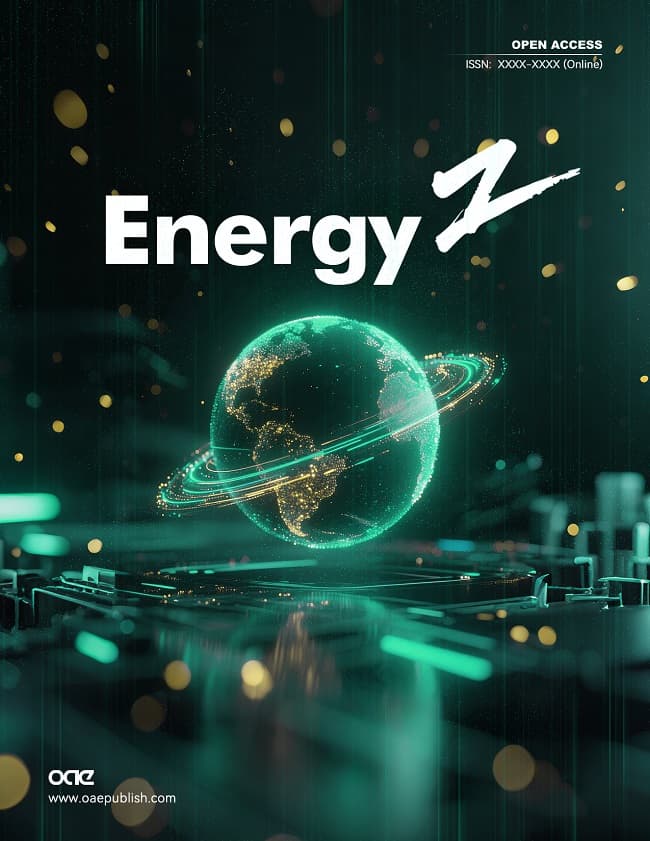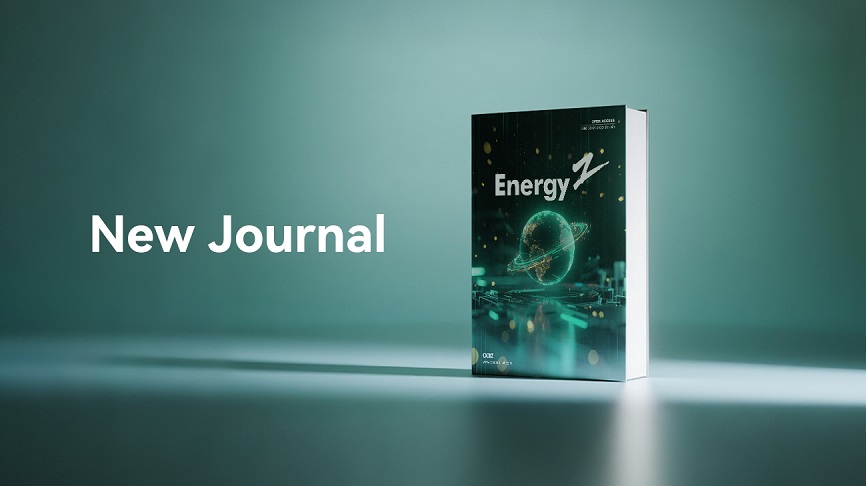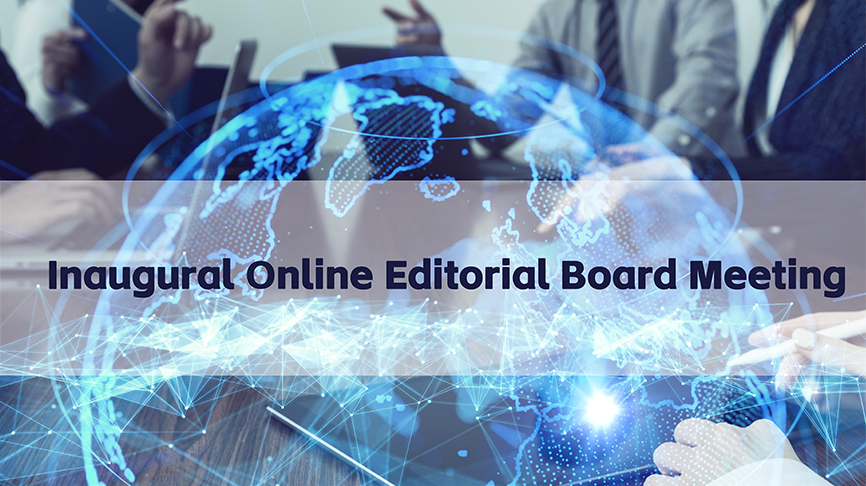Inaugural Interview | A Conversation with Prof. Yuping Wu, Founding Editor-in-Chief of Energy Z
At its launch, Energy Z featured an exclusive interview with its founding Editor-in-Chief, Prof. Yuping Wu, from Southeast University, China. Prof. Wu shared the journal's mission to "explore the unknowns of energy," focusing on breakthroughs in future energy systems and contributions to global carbon neutrality. He explained that "Z" in Energy Z represents the ultimate unknown in energy science, inspiring bold and innovative research. Prof. Wu also highlighted Energy Z's commitment to high editorial standards and global impact, envisioning it as a leading international platform connecting policymakers, researchers, and investors to advance sustainable energy innovation.
Profile: Prof. Yuping Wu
Prof. Yuping Wu, second-class Professor, doctoral supervisor at Southeast University (China), Fellow of the Royal Society of Chemistry, Corresponding Member of the Saxony Academy of Sciences (Germany), Foreign Fellow of the African Academy of Sciences.
Prof. Wu's research focuses on electrochemical energy storage devices and materials, including lithium-ion batteries, supercapacitors, aqueous batteries, solid electrolytes, flow batteries, and other emerging systems. He earned his Ph.D. from the Institute of Chemistry, Chinese Academy of Sciences in 1997, and conducted research at Tsinghua University (China), Waseda University (Japan), and Chemnitz University of Technology (Germany, as a Humboldt Fellow). He previously served at Fudan University (2003-2015) and Nanjing Tech University (2015-2021) before joining Southeast University in 2021.
A recipient of the National Science Fund for Distinguished Young Scholars, Prof. Wu has been recognized as a Highly Cited Researcher and one of Thomson Reuters' Most Influential Scientific Minds. He has published over 600 papers (H-index 113), authored several monographs on lithium batteries, and holds more than 30 patents in China, the U.S., and Japan. He currently serves as the Founding Editor-in-Chief of Energy Materials and Energy Z.
1. Interview Highlights Prof. Wu, congratulations on launching Energy Z in collaboration with OAE Publishing Inc. What inspired you to initiate this new publication?
With the development of the economy and the intensification of the global greenhouse effect, there is a pressing need for solutions in green energy to support sustainable development worldwide. Energy Z aims to offer a high-level platform for policymakers, scientific and technological personnel, and investment institutions to showcase their achievements.
2. What is the significance behind the letter "Z" in Energy Z? How does it reflect the journal's vision or positioning?
As we all know, SpaceX is exploring the unknown space, and in mathematics, X is the first unknown number, followed by Y, and then Z—the most difficult unknown number to solve. Similarly, we hope scientific researchers will continue to provide solutions to the unknowns in the energy field, publish their findings in this journal, and accelerate the path to carbon neutrality.
3. In your view, what distinguishes Energy Z from other energy journals?
Energy Z primarily focuses on research addressing future energy challenges. Its uniqueness lies in exploring the unknowns in energy science, rather than simply researching, developing, or utilizing existing energy sources.
4. Who is the primary target audience of Energy Z? What research areas or communities do you hope to attract?
Target audience:
1) Scientific researchers at the forefront of energy science and technologies.
2) Policy makers developing long-term government policies.
3) Long-term investors prioritizing sustainable development.
Research areas:
1) Energy storage: novel physical and electrochemical systems, materials, and emerging applications;
2) Energy conversion: new smart systems, materials, and applications across various energy sources;
3) Novel coupling between energy storage and conversion.
5. How will you ensure that Energy Z upholds a high academic standard from its early stages? Could you share your plans regarding the peer review process, Editorial Board selection, and manuscript evaluation?
Editorial Strategy:
1) Assemble a top-tier Editorial Board including 18 academicians, 22 "Outstanding Young Scholars" or Changjiang Scholars, and several editors with H-indexes over 100;
2) Draw on extensive experience in organizing high-level journals such as Energy Materials;
3) Target leading authors globally.
Peer Review Process:
1) Rigorous review and conflict-avoidance system;
2) High-level review team;
3) Reviews encourage debate but require strong innovation.
6. How will your successful experience with Energy Materials inform Energy Z, and what breakthroughs are you aiming for?
Experience: Establishing the editorial team, mobilizing enthusiasm, inviting high-level manuscripts, ensuring high quality, and promoting articles and journals.
Breakthroughs: Elevate the editorial team, enhance article quality, and expand high-end promotional platforms.
7. What are your expectations and goals for the development of Energy Z over the next three to five years?
With the efforts of the editorial team and support from authors, Energy Z aims to become a top-tier international journal recognized as a leading voice in the energy field. Ultimately, the journal aspires to be a go-to reference whenever energy issues are discussed, providing actionable solutions for the field.
Editor: Yuhang Li
Language Editor: Catherine Yang
Production Editor: Ting Xu
Respectfully Submitted by the Editorial Office of Energy Z





